Shoot the Messenger: Carolina’s Costly Mistake on Sea Level Rise

The North Carolina Senate has approved legislation that would prohibit the state from considering projected sea level increases in its coastal management strategy. But a scientist involved in the debate argues that ignoring these projections will wind up costing North Carolina — and the rest of the U.S. —far more.
The Real Threat Of Rising Sea Levels

More than a dozen science panels from coastal states around the country have projected a likely sea level rise of about 1 meter or more by 2100. But an increasingly effective sea level rise denier industry in this state, led by the NC-20 lobbying group and aided by the state legislature, has effectively blocked informing the public concerning the science of sea level rise.
A Rising Tide of Willful Ignorance

Since as far back as the Scopes Trial, and probably even Galileo, the debate over science has been at the crux of numerous political and cultural conflicts between progressives and conservatives. Legislative proposal would actually tell scientists which data they can and can’t consider on rising sea levels…
Marshes Hold Clues of Ancient Hurricanes
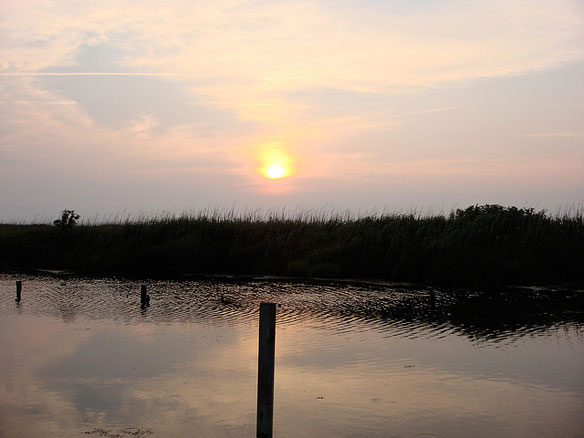
Friday marks the beginning of the 2012 Atlantic hurricane season. Cue the groans, the crossed fingers and the hope that mad rushes for plywood and batteries will wait for another year. Many of you are probably wondering what’s the chance that you will get hit this year.
The Rugged, by Johnny Abegg
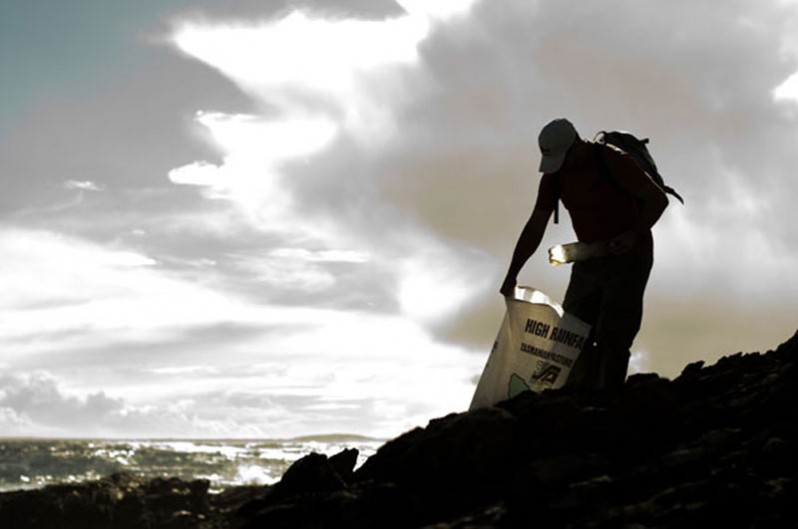
“Pure Man and Woman exists in the face of adversity, in the essence of nature and wild places. It nurtures the animal within. The South West National Park in Tasmania is one of those rugged places that brings you face to face with yourself… and it’s up to you what self it brings out…” Surfer, filmmaker, photographer and free-thinker Johnny Abegg reminisces about his experience with the South West Marine Debris Cleanup, Tasmania, 2012, Team.
St. Maarten: Paradise in Peril

Sint Maarten is at the crucial point of destroying the last of what draws crowds of dollar-touting tourists to this once-pristine Caribbean island.
Dubai’s Staggering Growth
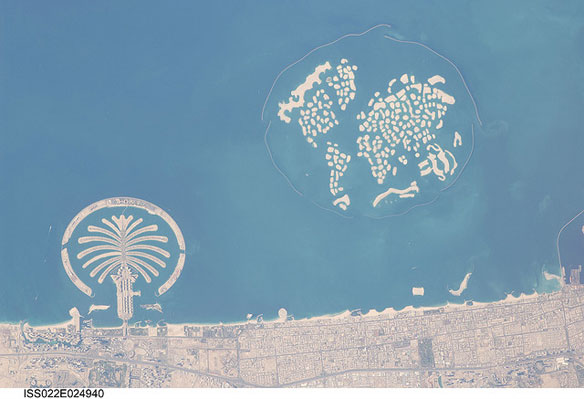
To expand the possibilities for beachfront development, Dubai undertook a massive and controversial engineering project to create hundreds of artificial islands along its Persian Gulf coastline. Built from sand dredged from the sea floor, the islands are shaped in recognizable forms such as palm trees. The construction of the various islands off the coast of Dubai has resulted in changes in area wildlife, coastal erosion and alongshore sediment transport, and wave patterns.
Rethinking Living Shorelines
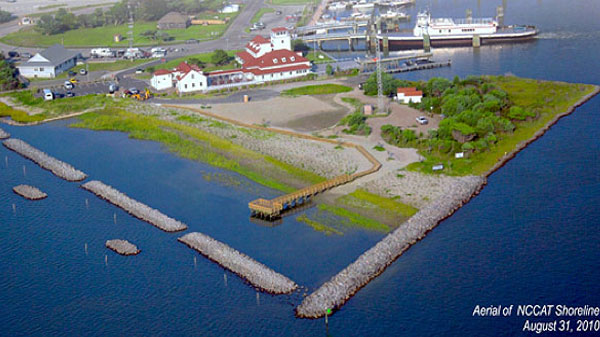
In response to the detrimental environmental impacts caused by traditional erosion control structures, environmental groups, state and federal resource management agencies, now advocate an approach known as “Living Shorelines” that embraces the use of natural habitat elements such as indigenous vegetation, to stabilize and protect eroding shorelines. By Orrin H. Pilkey, Rob Young, Norma Longo, Andy Coburn.
Detecting Detrimental Change in Coral Reefs
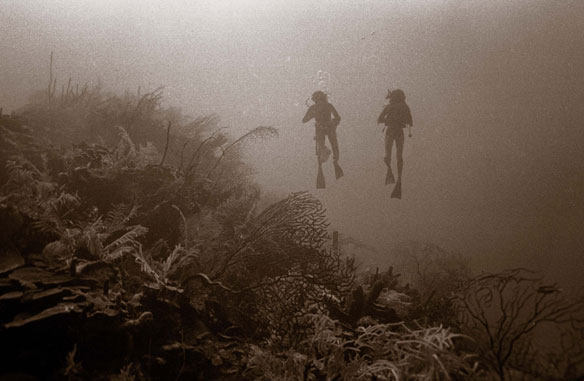
Over dinner on R.V. Calypso while anchored on the lee side of Glover’s Reef in Belize, Jacques Cousteau told Phil Dustan that he suspected humans were having a negative impact on coral reefs. Dustan, a young ocean ecologist who had worked in the lush coral reefs of the Caribbean and Sinai Peninsula, found this difficult to believe. It was December 1974… and Cousteau was right.
